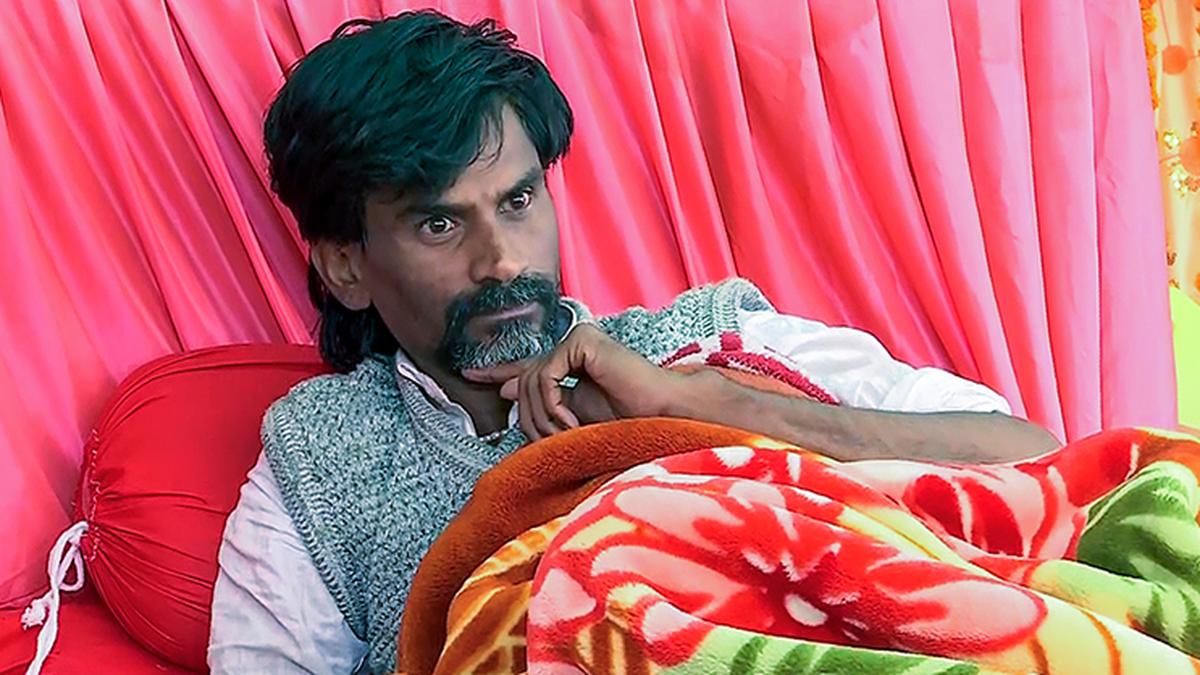
The Maratha community will teach the government a lesson, says Manoj Jarange-Patil
The Hindu
Pro-Maratha quota activist Manoj Jarange-Patil refuses to take intravenous fluids despite doctors’ advice as his indefinite fast entered its fourth day.
Pro-Maratha quota activist Manoj Jarange-Patil refused to take intravenous fluids on June 11, despite doctors’ advice, as his indefinite fast entered its fourth day.
A team of doctors examined him, noting his low blood pressure and sugar levels, and advised him to take intravenous fluids.
However, the activist declined the IV fluids, stating, “It seems the government is least worried about our plight. The Maratha community will teach them a lesson.”
Mr. Jarange-Patil began an indefinite fast on June 8, demanding the implementation of a draft notification that recognises all blood relatives of Maratha community members as Kunbis, an agrarian group classified as an other backward class (OBC) community, who are eligible for quota benefits. “I will not give up until the Maratha reservation is granted,” he had said.
He accused the Congress of betraying the Maratha community’s interests on June 10, and warned the party would face repercussions in the upcoming Maharashtra Assembly elections. He said, “The Congress sought votes from the Maratha community in the recent Lok Sabha elections, and now they are acting against our interests. They will face the consequences in the Vidhan Sabha elections.”

After a long, tiring day all we want is to jump right on our cosy beds and rest comfortably on our soft, fluffy pillows, right? Pillows are not quite appreciated as much as electric cars or air-fryers, for instance. Pillows are a wonderful man-made creation that has improved the lives and sleep of people across the globe. Did you know ages ago people used to rest their heads on a HARD ROCK? So how did humans go from sleeping on stones to cosy, fluffy and soft pillows today? Let’s get into the origin of your everyday pillows!

As the November 30 deadline nears for installing vehicle location tracking devices (VLTD) and emergency panic buttons in public service and nationally permitted goods vehicles in Karnataka, transport unions representing cab, bus, and truck operators are urging the government to reconsider the mandate. They argue that the high cost of these devices and a lack of awareness have made it difficult for many vehicle owners to comply with the requirement.









